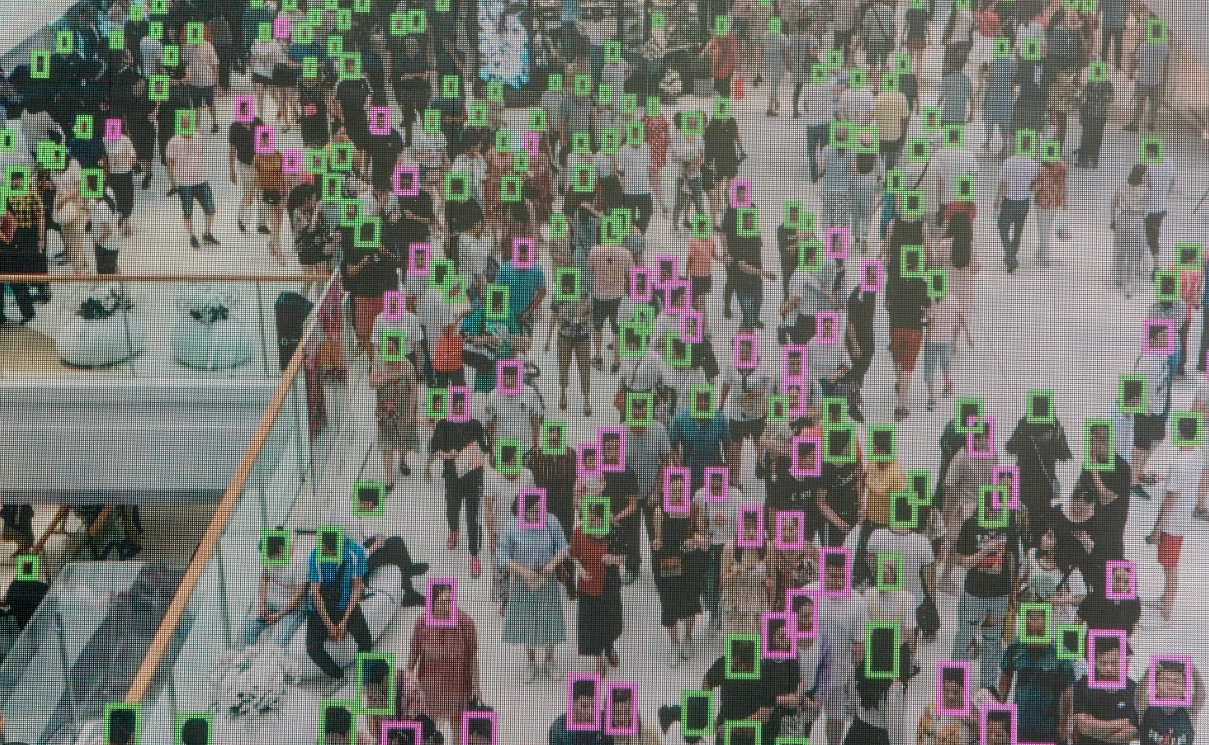The path of digital propaganda since Barack Obama first used it in his presidential campaign three decades ago has undergone an exponential evolution both in terms of the number of cases that already use it and the mechanisms of its design. Nowadays, there is no electoral process that does not apply it profusely. Ecuador, Argentina, and Colombia, the three Latin American countries holding elections in the coming weeks, are immersed in processes in which the calls to vote through posters and printed bulletins are now elements of the past, although they still exist, they are being surpassed by appeals through social networks and other ways of reaching the potential electorate through the Internet.
In addition, the incorporation of artificial intelligence as an effective support to the advertising strategy has meant a notable increase in the amount of disinformation, something that was always present, but whose scope was much more limited compared to the current hyperrealism of it. On the other hand, the ability to design advertising “a la carte” for each individual, segmenting the electorate by interest groups that receive personalized messages, achieves greater effectiveness, as the link between supply and demand, in which the vote is mediated, is strengthened.
However, in politics in the digital era, propaganda is not only a matter perpetrated in electoral events. Little by little, it has become part of everyday life. It is used by different public institutions to communicate to citizens their progress in the measures implemented and, as is well known, it is used by communication offices on behalf of the incumbent to bombard citizens with brief messages in which, in addition to reporting the steps being taken in connection with their daily agenda, they serve to polemicize with representatives of the opposition and other rulers.
In this art, the president of El Salvador is undoubtedly the most outstanding actor in the region. Of professional advertising origin, already in his time as mayor before the 2019 presidential election, he stood out for his profuse use of social networks in perfectly crafted campaigns to sell the product he represented to the citizenry. After his arrival in the presidential palace, he surrounded himself with a group of Venezuelan-born communication professionals that he completed with a team of half a thousand activists on the payroll who work frantically to build the public image of his person and the project he intends to deliver.
In their work, they upload more than one hundred videos a day on average to the networks. Their content is very diverse and illustrates with passionate vehemence what they intend to convey. Within its framework, the star product that achieved an unusual worldwide repercussion were the photos of half-naked gang members, with shaved heads and displaying their tattoos, detained with other people and lined up in symmetrical rows. The scenes produced by the state’s own propaganda apparatus conveyed an unusual aesthetic of evil that ended up having a morbidly beautiful result and, consequently, aroused a feeling of acquiescence.
This peculiar trivialization of evil, which was contextualized as an apparent solution to the dramatic problem of violence in the country, found its correlation in similar classic actions under Nazism or Stalinism. However, the novelty was found in the immediate transmission of a supposed implementation of a simple “whoever does it, pay for it” action that concealed many other very relevant aspects, ranging from prior negotiations with the ringleaders, ignorance of due process and the meaning of the rule of law, as well as the concealment of both the extent of the problem and its roots.
All this does not make it strange that it is repeated over and over again in different media that Nayib Bukele is not only the best-known but also the most valued current president in Latin America. Those who repeat this nonsense over and over again do not mention the impact of the fact that half a hundred members of his communication-propaganda team work exclusively to spread his image and the supposed goodness of his government in Latin America. They do not ponder the effects of simplistic propaganda, inasmuch as it is reductionist of extremely complex matters; sensationalist, because it underlines the achievement of successes that are not such, and, what in the end is perhaps worse, the consolidation of an authoritarian way of government. A model ready to be exported to other countries in the region tempted by the Salvadoran gimmicky panacea with undoubtedly disastrous results.













